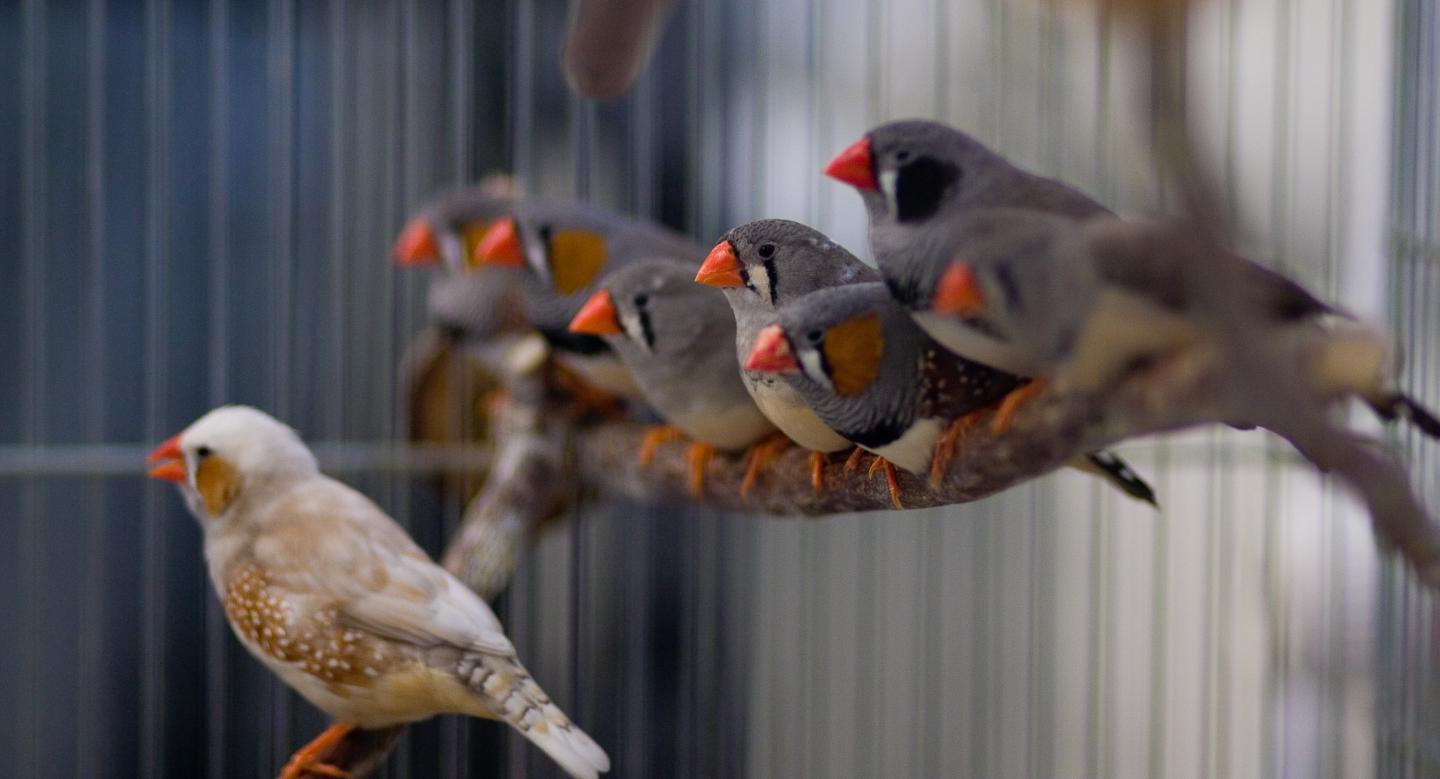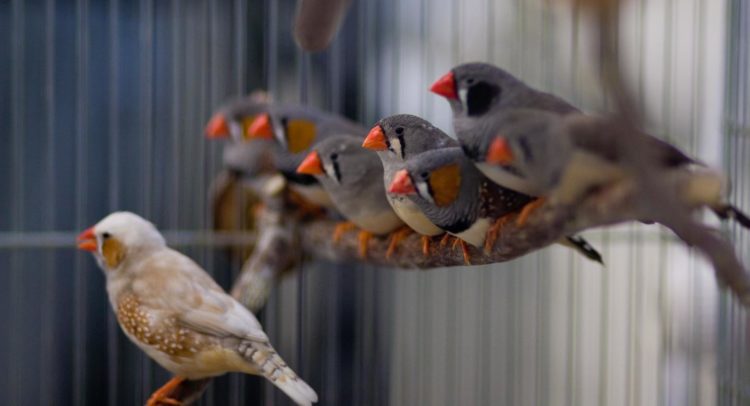
Credit: Richard Hahnloser, ETH/UZH
The ability to learn new motor skills is critical to almost all aspects of our lives. From the time a baby is born, it learns to move its arms and hands, to pronounce words and to walk. Such skills are often learned through practice, over the course of many thousands of repetitions. Some repetitions are better than others, and overall they keep on improving.
Underlying these improvements are changes in the wiring of the brain. Millions of connections between neurons across many brain areas, and between the brain and the muscles, have to be adjusted. These changes later have to be consolidated to make sure that they are not lost when the same brain areas are called upon to learn a different skill.
General principle underlies complex movements
A big challenge in understanding the biological underpinning for this kind of learning is the distinct nature of different skills: “Very similar mechanisms are thought to underlie learning to play the piano or learning to speak, but the muscles and movements involved are completely different,” says Sepp Kollmorgen, postdoc at the Institute of Neuroinformatics of the University of Zurich.
In a new study at the Institute of Neuroinformatics, researchers of the University of Zurich and ETH Zurich analyzed the general principles underlying the learning of skills. Kollmorgen and the team of researchers introduced a general framework to distill the myriad of changes occurring in a complex motor skill into a simple “trajectory”, which allows them to tell how and when a skill is changing without having to consider all the details of the involved movements.
Zebra finches repeat a song thousandfold per day
The researchers used this novel framework to study how juvenile male zebra finches gradually learn to sing. In the wild, they try to imitate the song of an adult zebra finch and later use it to court females. When they’re about 40 days old, they start to try to reproduce the song, practicing many thousands of times per day over the next three months.
“We think that the brain processes involved in this learning might be analogous to the ones at work in humans when they learn a motor skill,” says Richard Hahnloser, professor of neuroinformatics at ETH Zurich. One great advantage of studying this process in birds is that the researchers have much more precise tools to observe what is happening in the brain during the learning process.
Good songs improve steadily, bad songs much less
The learning trajectories the research team found in the zebra finches revealed a few surprises: For one, they showed that the learning process is multilayered, in the sense that good songs and bad songs change in different ways. On any given day, most of the songs sound similar to each other, but occasionally the bird manages to produce a song that is particularly good or one that sounds really bad. The scientists found that the very best songs improve slowly but steadily during a day and do not change overnight. The next morning, the best songs sound like the best songs from the previous evening. On the other hand, the very bad songs improve quickly during the day, but then overnight the bird forgets most of what it learned. The next morning the very bad songs sound almost as bad as those from the previous morning.
For another, the learning trajectories showed that of the many changes occurring during a day, most are reset overnight, presumably because they are unrelated to what the bird is trying to sing. “One interpretation of this is that the birds are incredibly efficient. Sleep allows them to perfectly remember all the good things they learned during the day, and to forget all the things that are not important,” explains Valerio Mante, professor at the University of Zurich and last author of the study.
Therapeutic potential for humans
The better understanding of the behavior lays the groundwork for understanding what happens in the brain during learning. This knowledge has great therapeutic potential. If we could understand why it is so hard to remember improvements in bad parts of a behavior, more efficient training schedules could be developed in rehabilitation for adults recovering from a stroke or accident. Ultimately, it might even be possible to improve and stimulate learning and consolidation by intervening directly in specific brain areas, the researchers conclude.
Media Contact
Prof. Valerio Mante
[email protected]
41-446-344-467
Original Source
https:/
Related Journal Article
http://dx.





